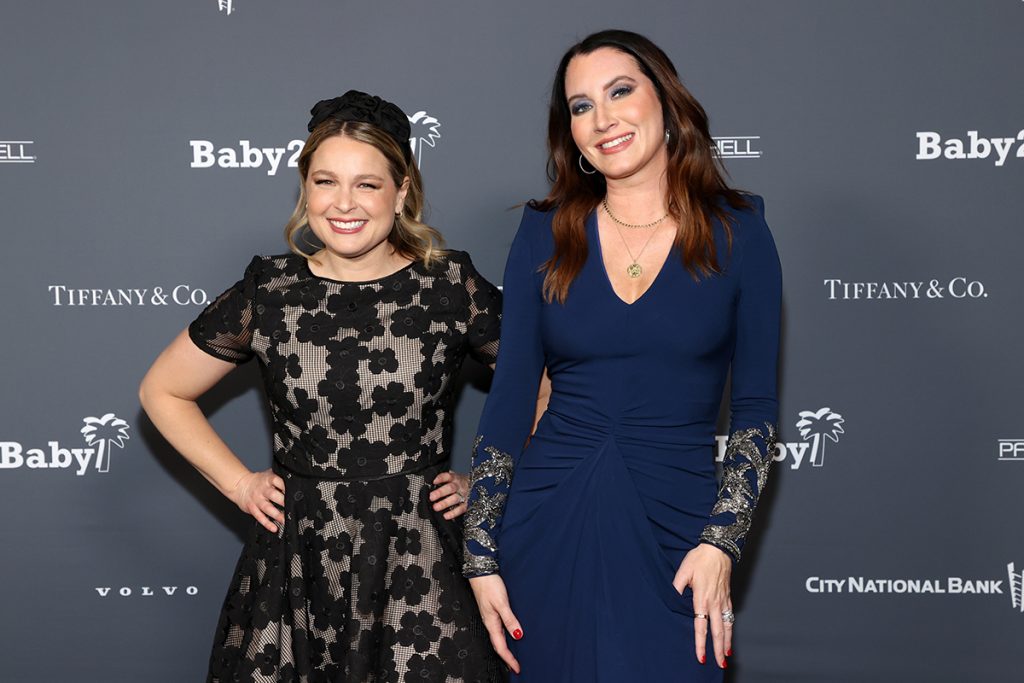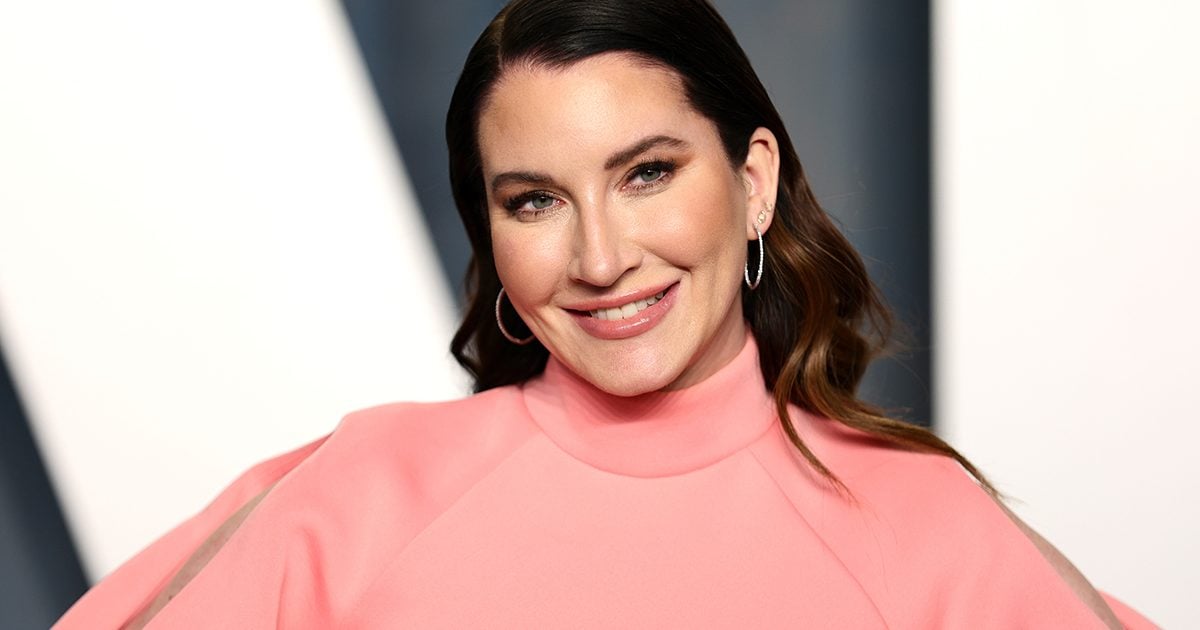Clea Shearer Announces Breast Cancer Diagnosis
- Clea Shearer, professional organizer and star of the Netflix show Get Organized with the Home Edit, has announced she's been diagnosed with breast cancer and will undergo a double mastectomy.
- Removing your breasts can have a dramatic effect on your self-esteem, which is why some women who opt for a mastectomy then choose breast reconstruction surgery. It’s unclear if Shearer will opt for reconstruction surgery after her double mastectomy.
- Bleeding and infection at the surgery site are possible with all operations. However, the side effects of a mastectomy can depend on the type: either a single (removing one breast) or double (removing both breasts).
"I have breast cancer," Shearer, 40, posted to Instagram today. "It's a hard thing to say, but it's easier than keeping it to myself. I'm having a double mastectomy tomorrow (prayers are welcome!), and I wanted to say a few words before I do." (A double mastectomy is a surgical operation to remove both breasts.)
Read MoreView this post on Instagram
Shearer goes on to explain that she has two tumors, each 1 centimeter in size. They're "aggressive and fast-moving," however, "I caught it early."
"Had I not taken this upon myself, I would be in a completely different situation right now," she said.
She also shared that she was under 40 years old when the tumors formed and she has no history of breast cancer in her family.
“Even if cancer feels improbable, it's still very possible,” she said.
"I have to admit, for the first few days I endured the 'why me' feelings," she continued. "But quickly, I started to think 'honestly, why NOT me?!' I have all the support, resources, and a platform to help other people through this. So if anyone has to have breast cancer, I'll gladly let it be me."
"Thank you for being on this journey. I love our community, and you mean more to me than you'll ever know. â™¥ï¸ xo, Clea.”
Shearer lives in Nashville, Tenn., with her husband, John, and their two children, Stella, 11, and Sutton, 7. She co-founded The Home Edit with her best friend and business partner Joanna Teplin, 42. Netflix released the second season of Get Organized with the Home Edit on April 1.

What to Expect After Undergoing a Mastectomy for Breast Cancer
Most women with breast cancer, like Clea Shearer, will have surgery at some point in their treatment. Depending on how far your cancer has spread and your personal preferences, you and your doctor may decide to:
- Remove just the cancer and an area of healthy tissue around it (lumpectomy)
- Remove one breast (mastectomy)
- Remove both breasts (double mastectomy)
Removing your breasts can have a dramatic effect on your self-esteem, which is why some women who opt for a mastectomy then choose breast reconstruction surgery. It’s unclear if Shearer will opt for reconstruction surgery after her double mastectomy. This is a highly personal choice, and there’s no "right" answer as to whether or not to reconstruct.
When Should You Consider a Mastectomy?
According to the American Cancer Society, bleeding and infection at the surgery site are possible with all operations. However, the side effects of a mastectomy can depend on the type: either a single (removing one breast) or double (removing both breasts).
Those side effects can include:
- Pain or tenderness at the surgery site
- Swelling at the surgery site
- Buildup of blood in the wound (hematoma)
- Buildup of clear fluid in the wound (seroma)
- Limited arm or shoulder movement
- Numbness in the chest or upper arm
- Neuropathic (nerve) pain (sometimes described as burning or shooting pain) in the chest wall, armpit and/or arm that doesn't go away over time. It is also called post-mastectomy pain syndrome, or PMPS.
- If axillary lymph nodes are also removed, other side effects such as lymphedema may occur.
Understanding and Treating Lymphedema
Clea Shearer Chooses to Share Her News; Understanding Why Some Share & Others Don’t
In her Instagram post, Clea Shearer said it was a “personal choice to make this public, but sharing my experience makes cancer feel purposeful.”
“If I can convince any of you to self-examine on a regular basis, self-advocate always, and to prioritize your health over your busy schedules,” she added, “then this will have meant something.”
Battling cancer is an extremely personal experience, and so is choosing to whom you want to disclose your diagnosis. For some people, like Shearer, it's a no-brainer to share their struggle and absorb as much support as possible, while for others, sharing the news isn't as easy.
Dr. Marianna Strongin, a licensed clinical psychologist and founder of Strong In Therapy Psychology, previously told SurvivorNet that whether someone shares this heavy news is their personal preference.
"I recommend sharing, I'm a therapist," Strongin said with a laugh, "but to whom and how many people is up to the person (with cancer)."
From a psychological stance, "the more that we share, the less likely we are to feel shame, and shame is quite toxic; it makes us feel alone and it makes us feel like there's something wrong with us," she added. "In that instance, it's better to share; sharing is more connecting."
Regardless of what you decide, "everyone should focus on what makes them feel good," Strongin said.
Contributing: SurvivorNet staff reports
Learn more about SurvivorNet's rigorous medical review process.


